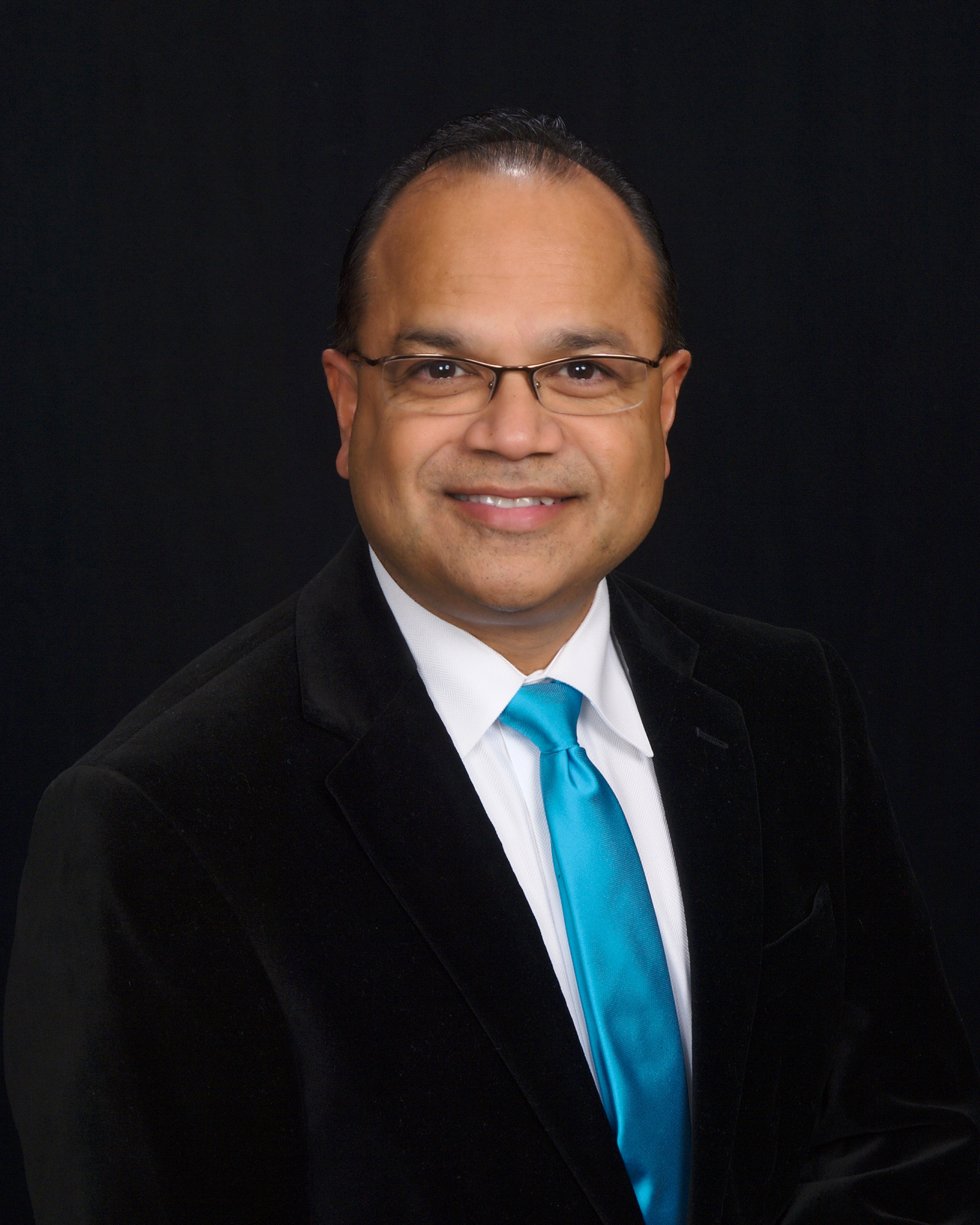A4M valued member Ashok Tripathy, MD, FAAFP, FAARM, shares insight from his professional experience in this Physician of the Month feature.

Ashok Tripathy, MD
After graduating from medical school in New Delhi, India, Dr. Ashok Tripathy pursued a residency in Family Medicine and a Post- Doctoral Fellowship in Family Medicine, Preventive & Community Medicine from Baylor College of Medicine, Houston. While in a multispecialty group practicing traditional Family Medicine, Dr. Tripathy was challenged by his patients who were interested in non-pharmaceutical, herbal, and nutraceutical agents—alternative therapies in the healing process. This ignited his passion in learning the systems biology approach to medicine: looking at the patient holistically.
Not too long thereafter, Dr. Tripathy joined A4M and became a Diplomat and Advanced Fellow. He started his independent practice 10 years ago, based on an approach that emphasized lifestyle, micronutrients, gut health, food allergies, brain health, inflammation, toxins, and correcting imbalances in hormones/neurotransmitters. Through truly exploring the causes in prevention of chronic disease states, he has experienced a life-altering transformation in the way he practices medicine.
Q: Before joining A4M, what was your medical background?
I practiced traditional Family Medicine for 15 years, prior to joining A4M. My medical training involved a residency in Family and Community Medicine at the Baylor College of Medicine in Houston as well as a Post-Doctoral Fellowship in the same field, at the same institution. Thereafter, I was in a multi-specialty group practice before I joined A4M.
Q: What anti-aging techniques have you incorporated into your practice? And how did you so?
I started incorporating supplements and herbal remedies when I learnt the importance of drug nutrient depletions and managing medical issues in non-pharmacologic ways. I thank my patients for being instrumental in challenging me to explore areas of interventions in medicine that were not taught to me in medical school. Many of them were realizing or hearing about the side effects of medications and were concerned about them.
I started looking, thinking, and addressing the issues brought to me in a holistic manner. I was exploring reasons that made patients visit me. By doing various functional tests, I could explore relevant underlying issues contributing to patients’ symptoms. Nutrient deficiencies (vitamins, minerals, amino acids, fatty acids, organic acids), metabolic health (insulin resistance), food intolerances, toxins (heavy metals, pesticides/herbicides, persistent organic pollutants), infections (including viruses, bacteria, fungi/mold, parasites), imbalances in hormones, neurotransmitters, and genetic testing, to gut health, the gut brain connection, prevention of chronic cardiovascular diseases by understanding vascular biology, and prevention of neurodegenerative conditions all seemed so relevant in the context of understanding a patient’s symptoms better. With this model of systems biology approach, I have enjoyed medicine much more as a career, while continuing to learn every day from my patients.
I also enjoy aesthetics and give Botox cosmetic & fillers in office. My training at A4M has put me in good stead to serve my patients.
Q: What are the benefits of practicing anti-aging medicine (as a professional, and for your practice)?
The most important aspect of practicing anti-aging medicine is looking for a cause to any chronic problem and addressing it in a holistic manner. It also involves an understanding of genetics, systems biology, and basic sciences, and how they all translate or contribute to the pathology and clinical medicine we see in our practice. It gives a sense of gratification when one can help a patient suffering from long term symptoms, or prevent chronic illnesses, without giving multiple pharmaceutical agents or seeing side effects thereof.
Practicing in this manner makes one stand out from the exclusively traditional medicine approach. Over time, people get to know the style of practice, and many are looking to benefit from this comprehensive approach.
Q: What are the changes you see in your patients?
I see the patients who have embraced this approach to medicine have less side effects from pharmaceutical agents, feel better from chronic maladies and realize that their physician has the best long term interest in their health. Many behavioral issues related to ill health can be better managed with nutraceutical agents, herbal therapies and lifestyle changes instead of prescriptive overuse of benzodiazepines or sleep aids.
Q: Why would you recommend Anti-Aging Medicine to your peers?
Anti-Aging Medicine is the art of medicine wherein we incorporate what we have learnt in basic sciences to the applied clinical medicine, thereby practicing true preventive medicine. With the understanding of genetics, healthy lifestyle, gut health, nutrient deficiencies, toxins, autoimmune disease, vascular biology, hormone and neurotransmitter imbalances, one can truly prevent chronic disease states and cancers. “Balance” is the keyword I have learned and it plays a significant role in our overall health. So far, we have done very well in the practice of tertiary level care, but this has also enabled the significant increase in medical expenses. One can prevent and attempt to stay healthy by looking into the above factors I alluded to for a much healthier and happier life.
Q: Where do you see the future of Anti-Aging medicine 20 years from now?
As more physicians and providers understand the advantage of practicing medicine this way, see positive results and witness patient satisfaction, they will embrace it. I foresee that true preventive medicine needs to be practiced holistically, to live a healthier and more functional life. Genetics, Epigenetics, and personalized health care will be in the forefront. Lifestyle medicine and the systems biology approach will be mainstays in preventing and treating various chronic symptoms and diseases, including cancer. Stem cells will be used more often in regenerating tissues and providing a functional life for a patient. We will always continue learning, as breakthroughs in science are revealed.
Open to all A4M Members: If you would like to be featured as A4M’s Physician of Month, please write us at [email protected].
